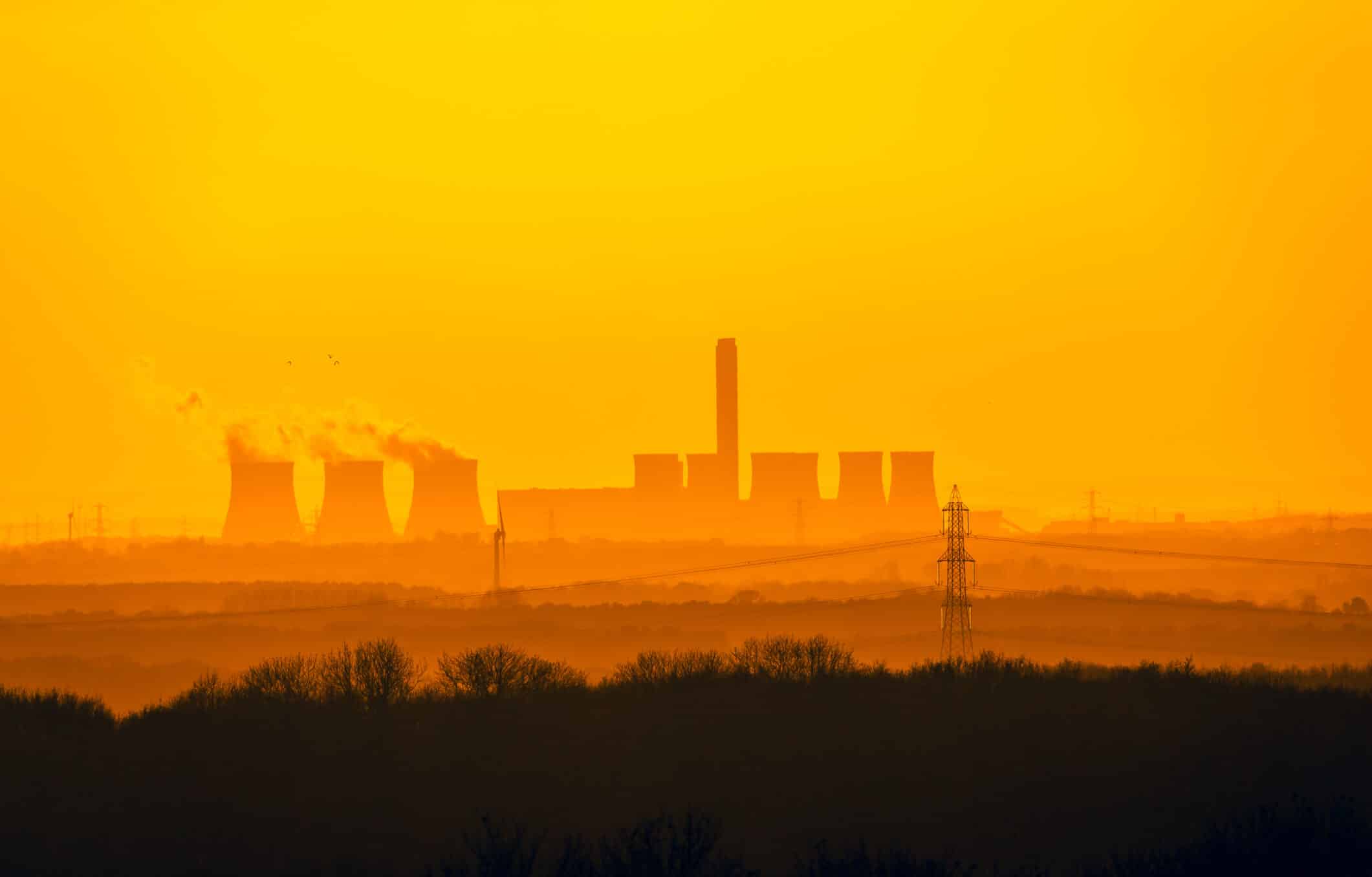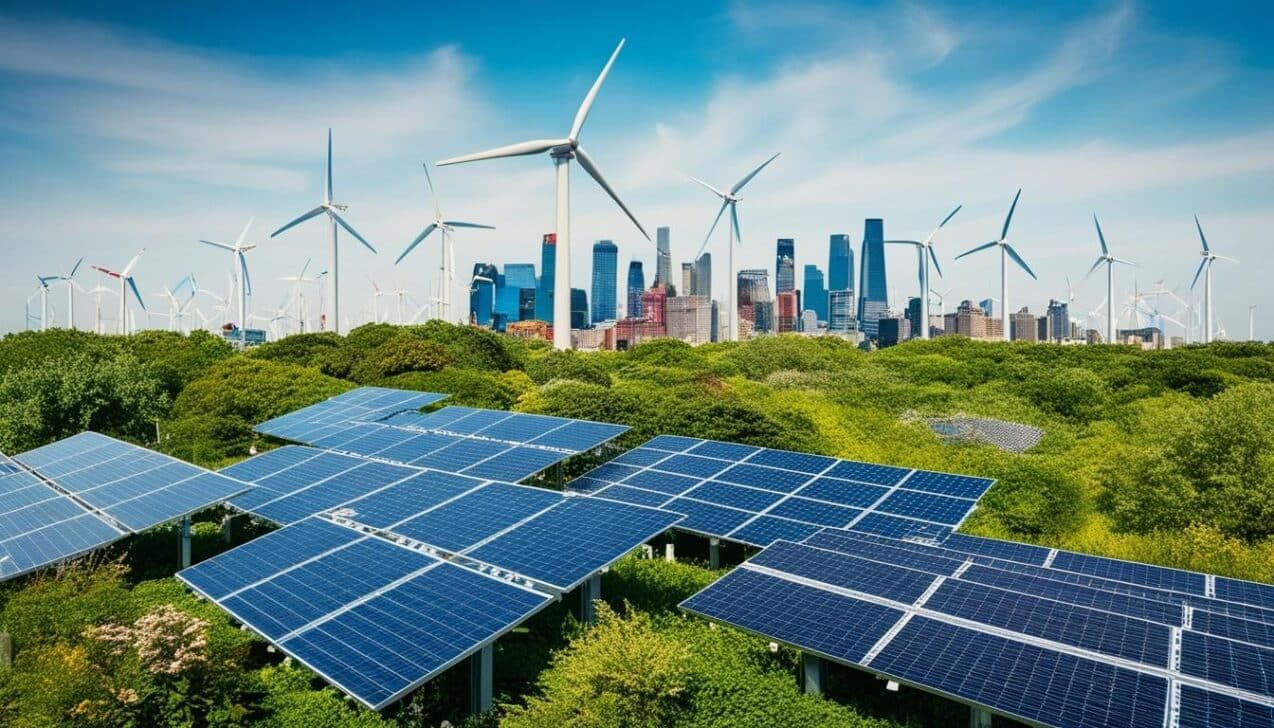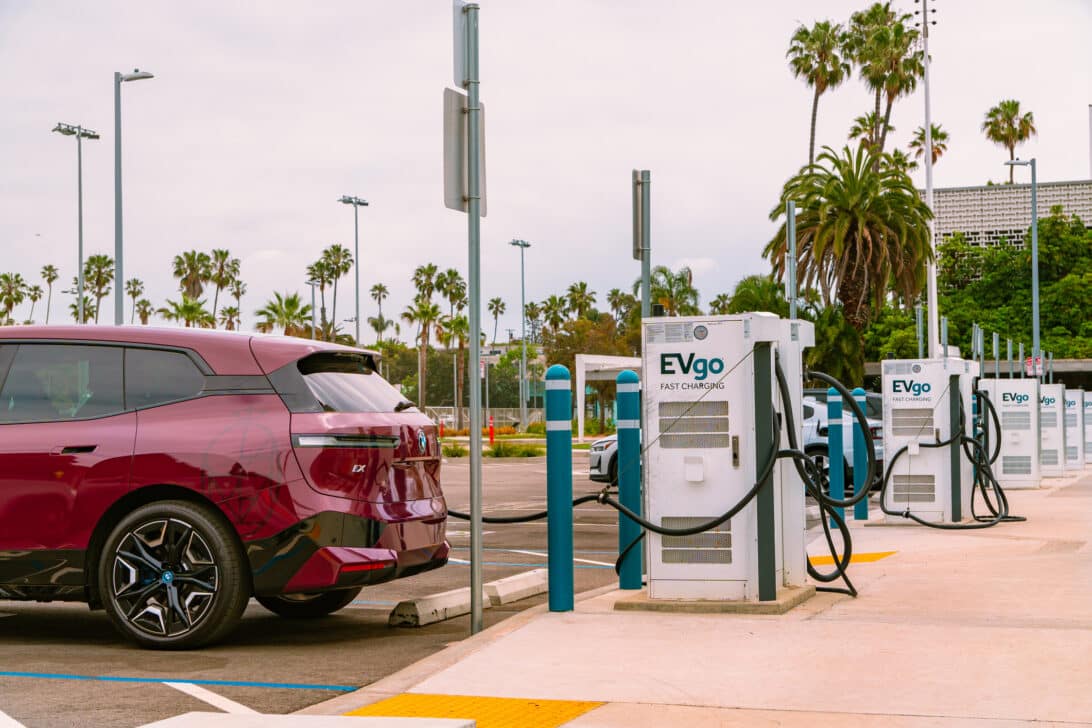Progress is faltering in the fight against climate change on both sides of the Atlantic, despite the pledges made at the COP26 climate conference less than a year ago.
This week, the US Supreme Court – the same body that also overturned the Roe v Wade ruling on abortion rights – has now ruled carbon dioxide is not toxic and placed limits on federal power to curb emissions.
President Biden was banking on using these federal powers to limit pollution from power plants – many of them still using coal – which are responsible for around 30 per cent of the USA’s carbon emissions. The ruling severely hampers his ability to do this. Given that the USA is the second highest emitter of greenhouse gases after China, the impact travels far beyond its shores.
The stakes here are high
The case brought against the Environmental Protection Agency (EPA) by West Virginia, along with 17 other coal producing states and two coal companies, was about whether the EPA could regulate pollution beyond the “fenceline” of a power plant using the US Clean Air Act.
The court has ruled it can’t, arguing that carbon dioxide is a greenhouse gas, but not “toxic” and therefore not something the EPA has the power to regulate.
The court went even further, owing to the potential impact it sees on the US economy of CO2 limitations. It has questioned whether any federal regulator should have the right to intervene in “such major questions”.
One of the three Supreme Court who dissented, Justice Kagan said in legal documents the Supreme Court “does not have a clue about how to address climate change. And let’s say the obvious: The stakes here are high.”
She called it “frightening” that “the Court appoints itself – instead of Congress or the expert agency – the decision maker on climate policy.”
As in the abortion ruling, this decision still allows individual states to make their own decisions, so some local action around power generation is still possible. Twenty-one US states have already signed net-zero targets into law, requiring substantial action on fossil fuel emissions.
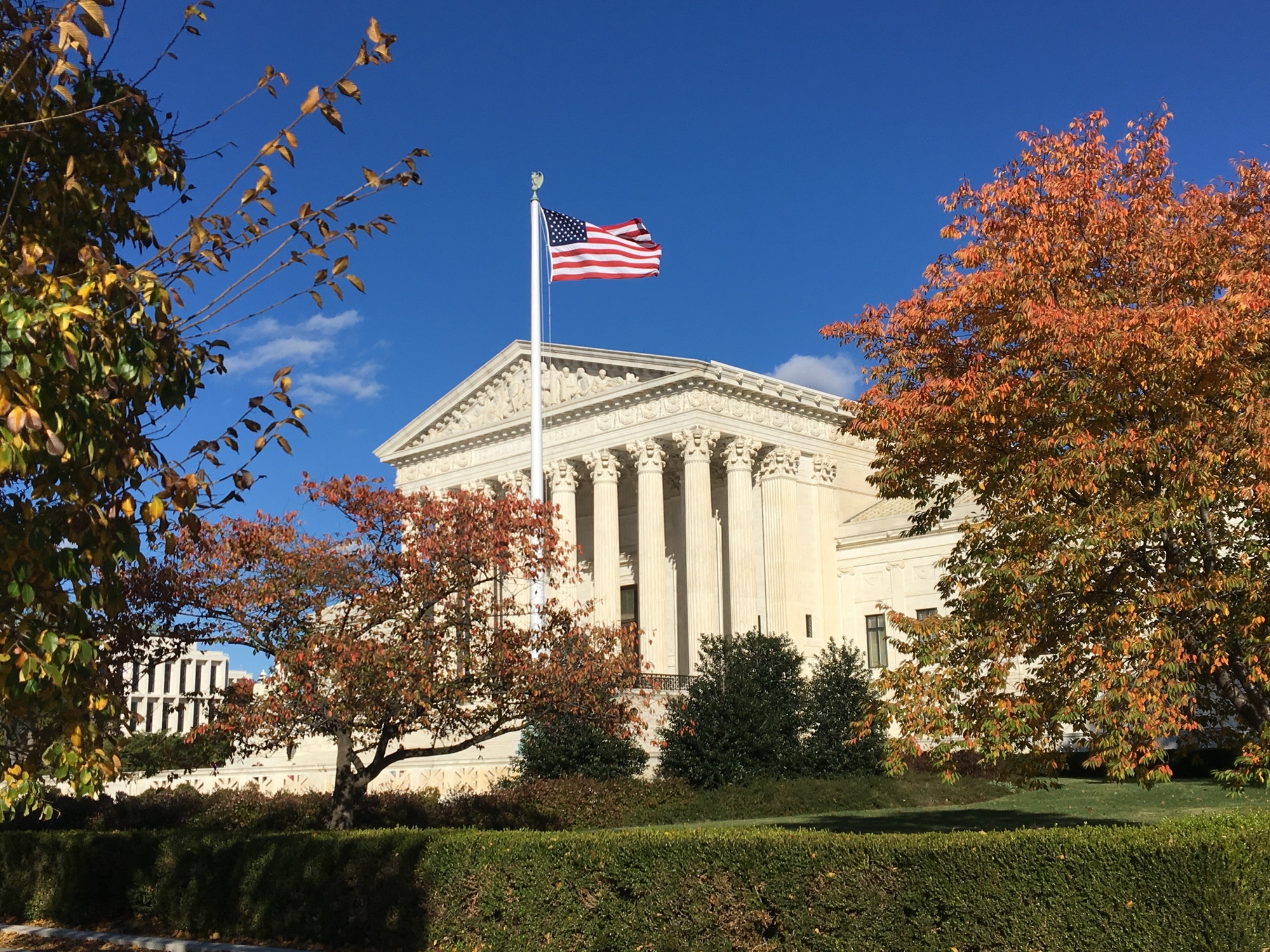
The US Supreme Court building. In the last two weeks, they have overturned the Roe v Wade ruling on abortion rights and hamstrung the President’s ability to tackle power plant pollution. Photo by Radu Costinescu on iStockPhoto
In the UK, The Climate Change Committee (CCC) has published its Progress Report to Parliament on the UK’s net-zero journey. Whilst it highlights positive progress in some areas, such as energy generation – in contrast to the US – the CCC is highly critical of the Government’s efforts to tackle key contributors such as agriculture and home energy efficiency.
The 600-page report is the first since the launch of the Government’s Net Zero strategy before the COP26 summit last year. The CCC has been extremely critical and warns that the country is already in severe danger of undershooting its 2050 targets.
Warm words and a theoretical delivery pathway for making the necessary emission reductions are simply not good enough
In his introduction to the latest report, Lord Debden, Chairman of the CCC is clear in his criticism of the Government’s progress: “In targets, the UK is indeed a world leader. However, this Progress Report reveals that, despite important achievements in renewable energy and electric vehicles, the Government is failing in much of its implementation. Sharply rising fuel costs should have given added impetus to improving energy efficiency, yet the necessary programmes are not in place. We are still building new homes that do not meet minimum standards of efficiency and will require significant retrofitting.”
“The Government has set the right course. It has now to deliver on the scale and urgency that is required,” he concludes.
The CCC calls out the Government’s lack of focus on household energy demand reduction. In particular it suggests that more could be done to reduce electricity prices, below the equivalent cost of fossil fuels, to encourage less use of oil and gas in houses. It points to experience from the Green Homes Grant scheme that local authorities could also play a greater role in implementing energy efficiency improvements (such as installation of heat pumps) and electrification schemes in homes.
It also calls for more onshore wind and solar power generation, which “can occur significantly quicker than offshore wind deployment.”
Commentators and pressure groups have rallied behind the message from the CCC report, to call on the Government to step up their efforts.
Simon Dawes, Head of Sustainable Business Strategy at Environment Agency posted on LinkedIn: “The thing with Net Zero, there’s some maths in there – it’s a quantifiable thing. So the CCC can say that policy is enough or not enough. And the answer is that the existing policy landscape is not enough with only credible policies to deliver a third of needed emissions reductions. Big progress / support needed in agriculture, food, heat and building.”
Earlier this month, the High Court heard legal challenges brought by three environmental campaign groups – Friends of the Earth, ClientEarth and Good Law Project – over the Government’s Net Zero strategy. It is now considering its decision.
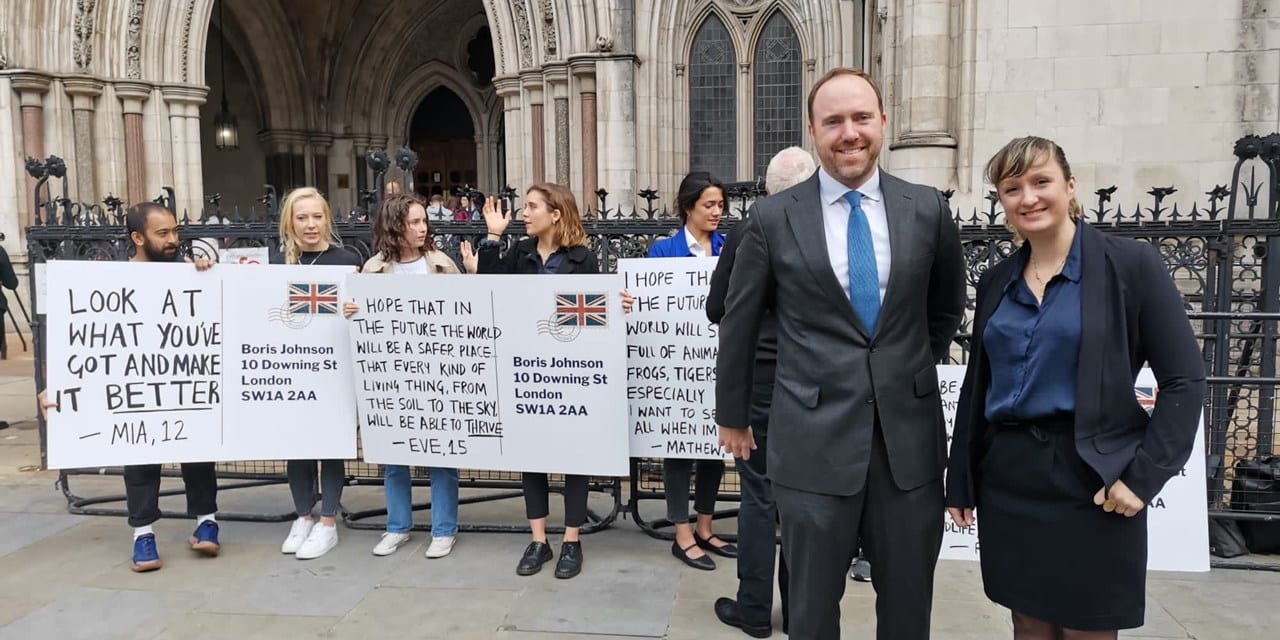
ClientEarth lawyers Sam Hunter-Jones and Sophie Marjanac outside the High Court on the first day of the hearing
Client Earth released a summary of the hearing, pointing to newly uncovered information not transparently included in the Net Zero Strategy, that it will only deliver 95 per cent of the target, even if implemented in full.
Sam Hunter-Jones, Client Earth’s lawyer, commented: “It’s not enough for the UK government simply to have a net zero strategy, it needs to include real-world policies that ensure it succeeds. Anything less is a breach of its legal duties and amounts to greenwashing and climate delay.”
Speaking to edie.net, Friends of the Earth lawyer Katie de Kauwe said: “We maintain that the government’s Net Zero Strategy is flawed, inadequate and unlawful. The Secretary of State is legally required to meet our upcoming carbon budgets. Warm words and a theoretical delivery pathway for making the necessary emission reductions are simply not good enough.”
UK emissions rose 4 per cent in 2021 compared with those in 2020 as the economy began to recover from the COVID-19 pandemic. Emissions in surface transport, electricity generation and manufacturing rose in 2021, following substantial reductions in 2020, while emissions from aviation remained depressed. Overall, 2021 emissions were still 10 per cent below pre-pandemic 2019 levels and 47 per cent below 1990 levels.
While there are undoubted short-term issues arising from the post-pandemic recovery and the Russian invasion of Ukraine, it’s clear that greater pressure will need to be exerted on central and regional Governments in the US and UK to adequately address the climate crisis.
Subscribe
Sign-up to receive our newsletter
